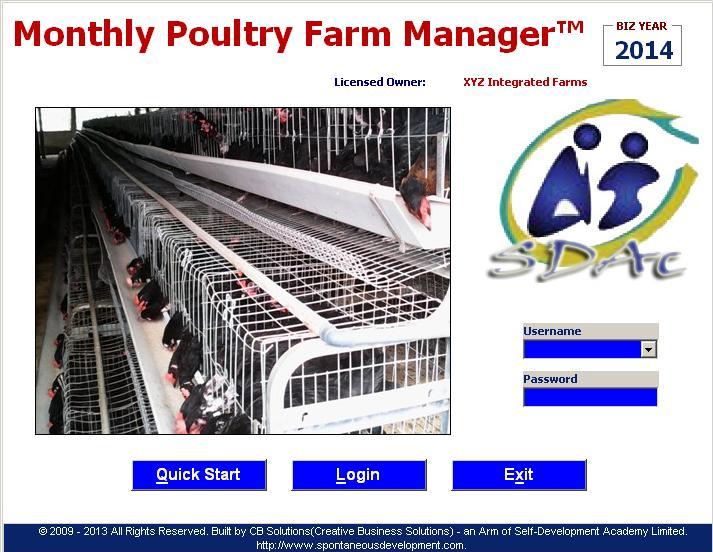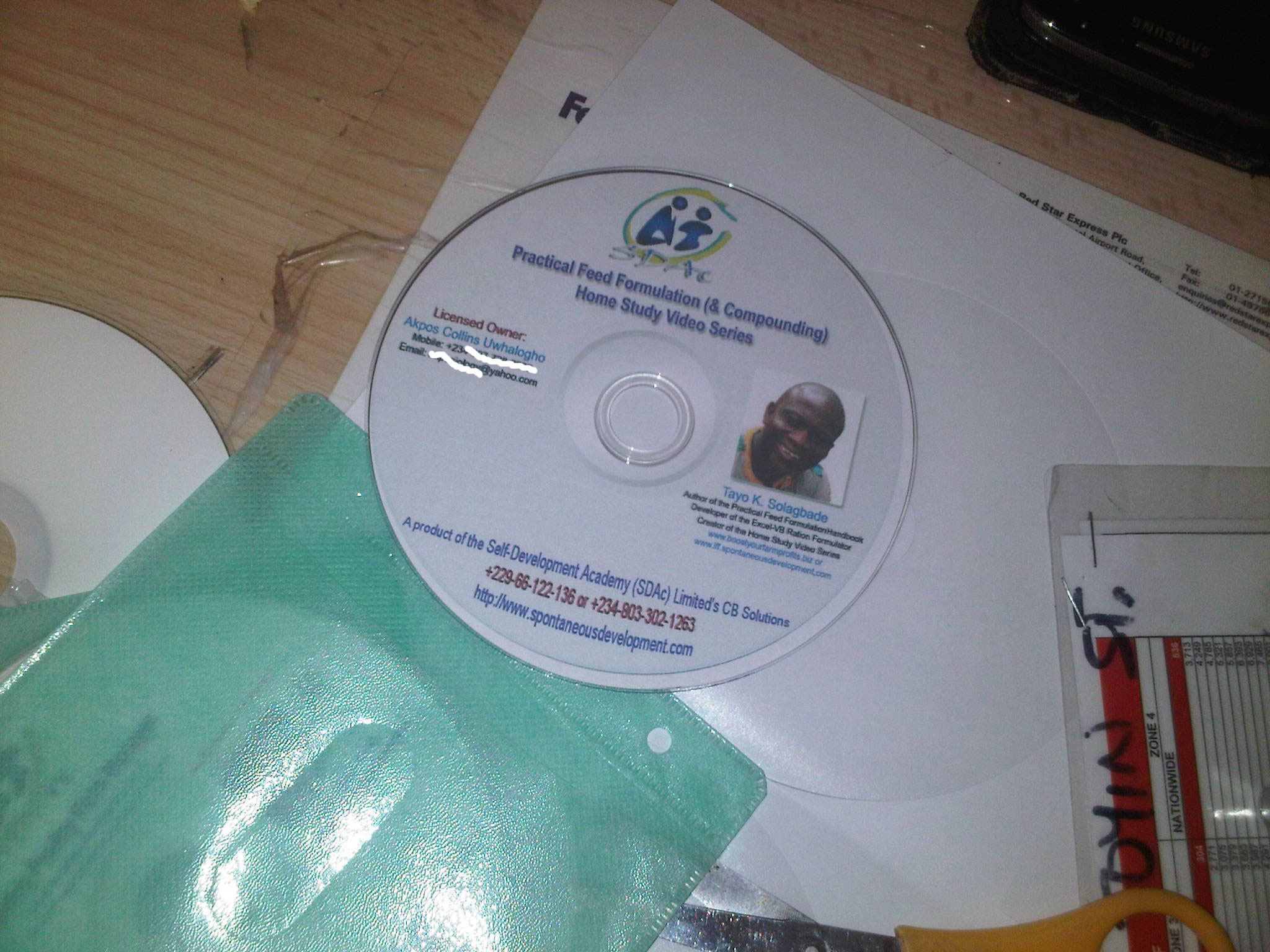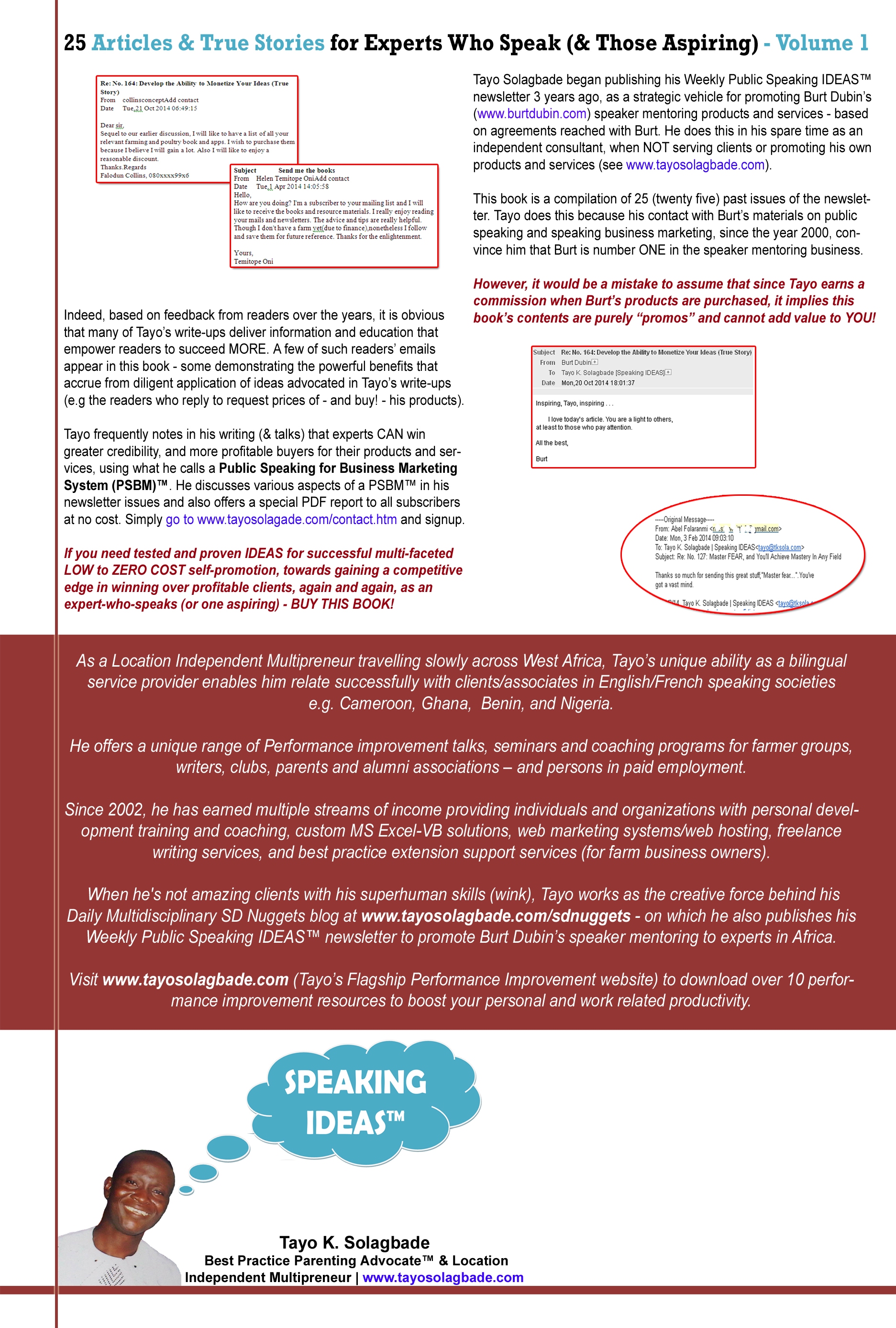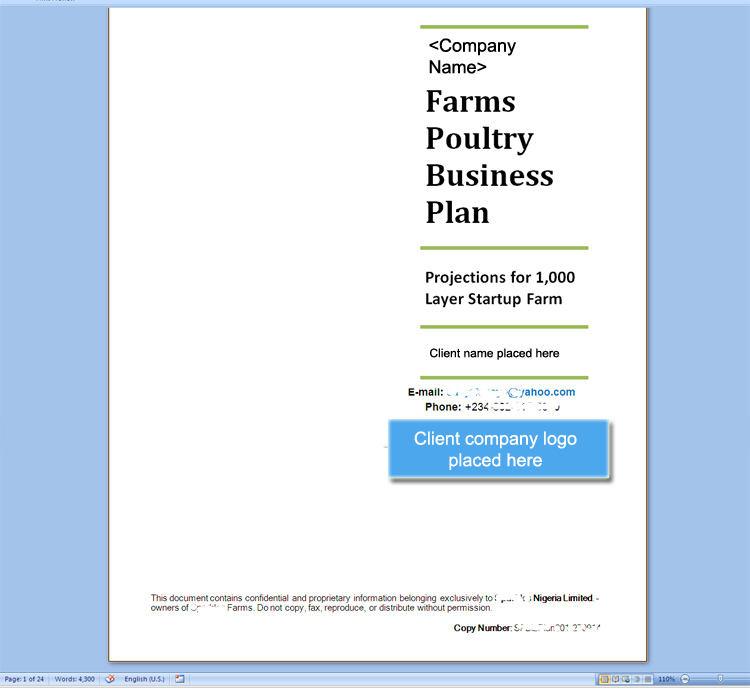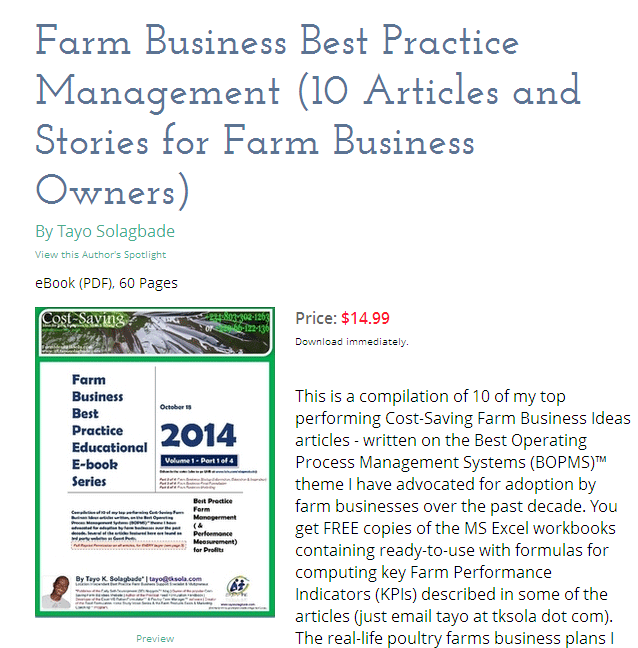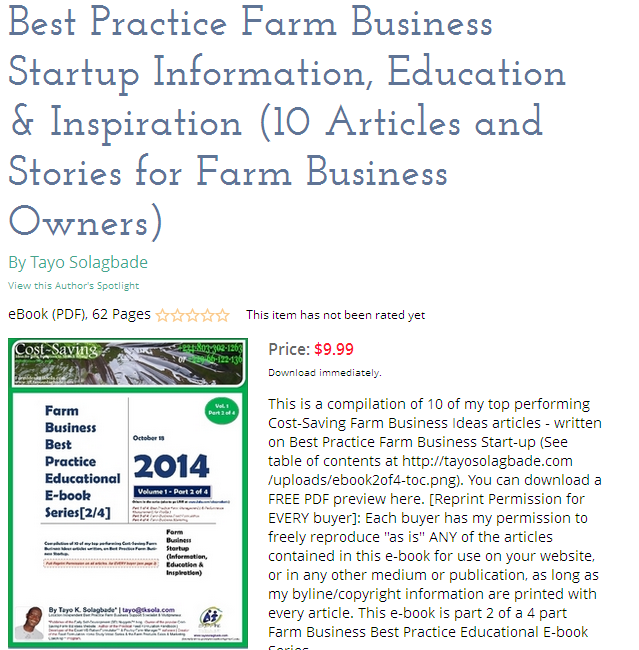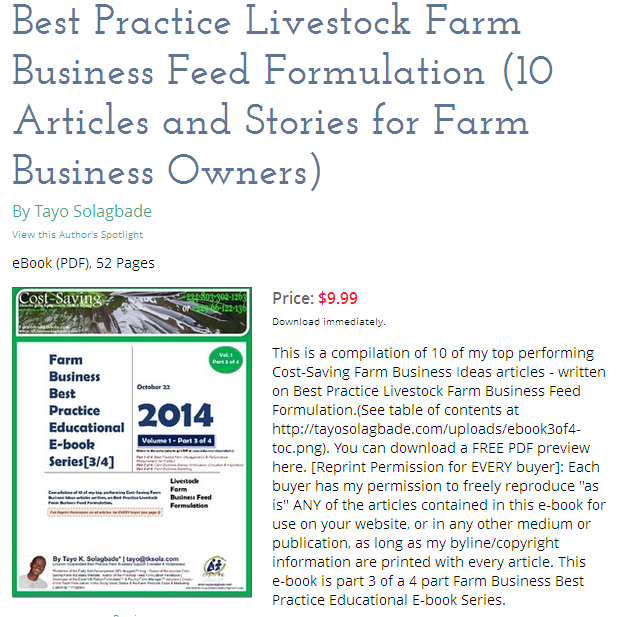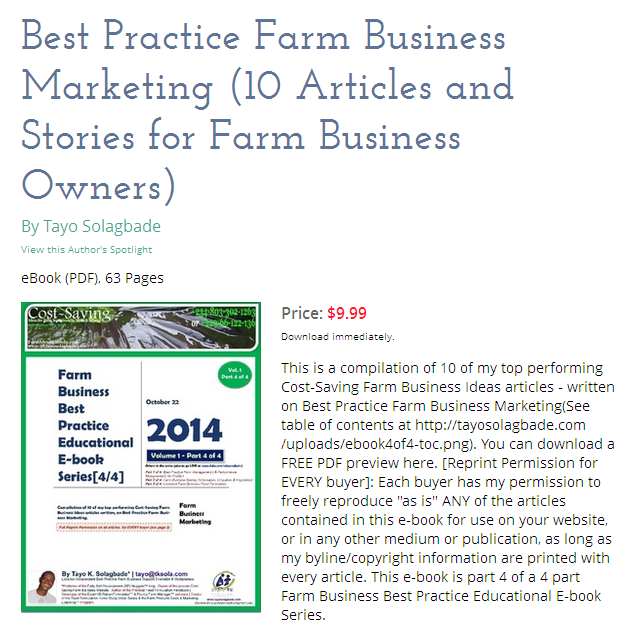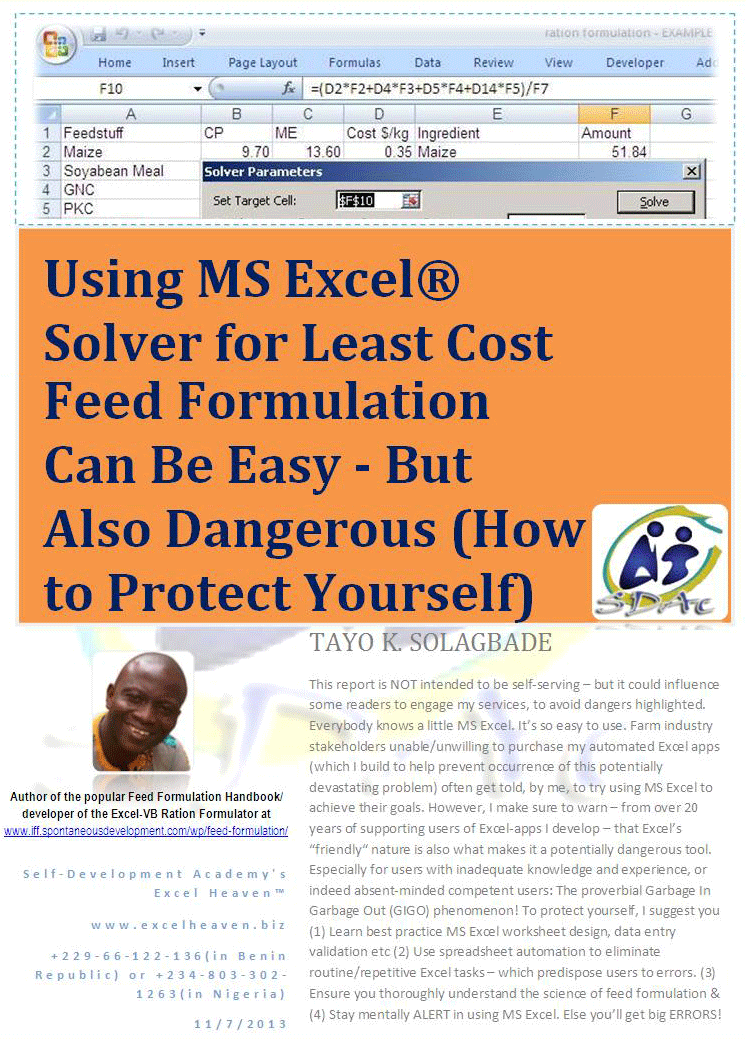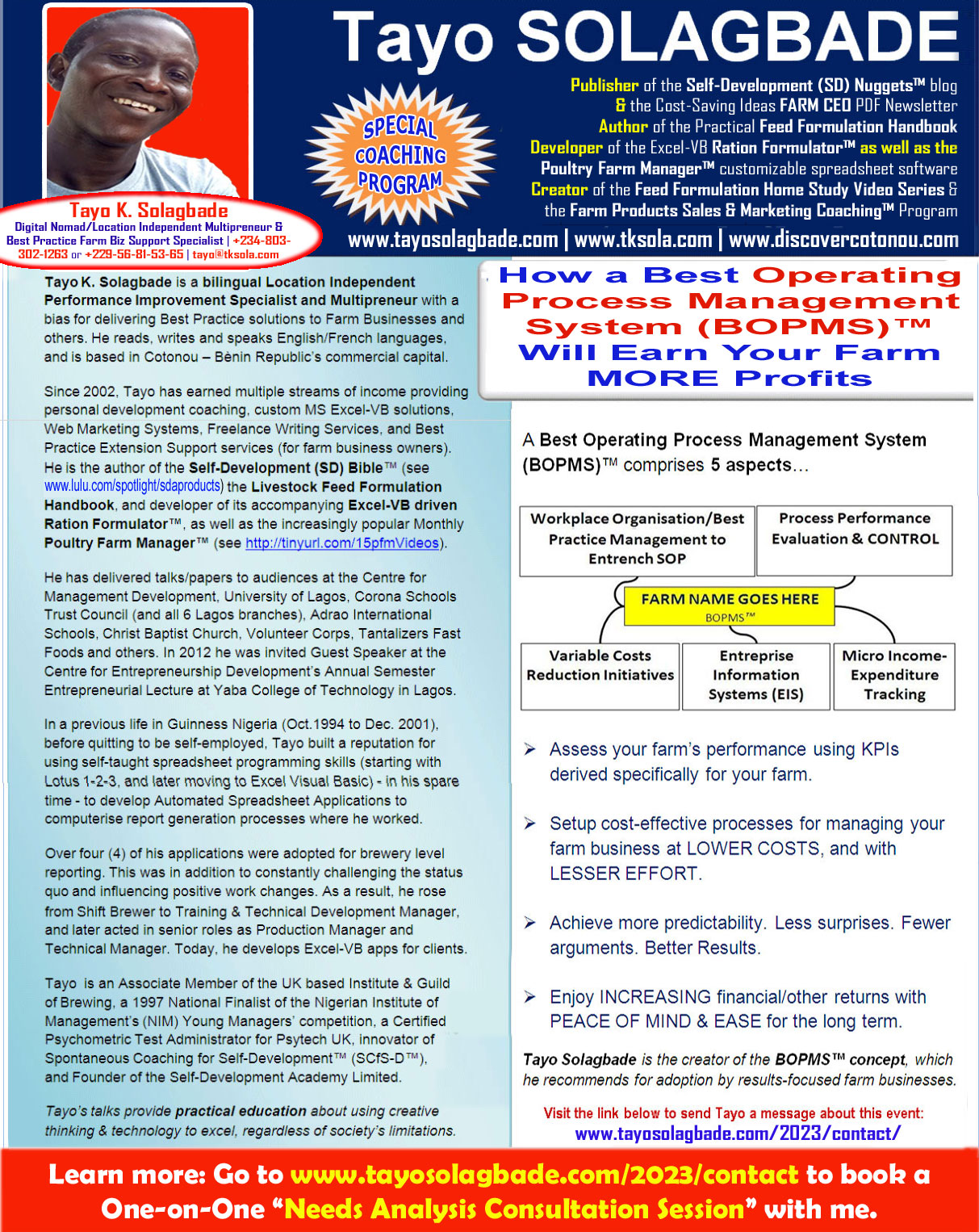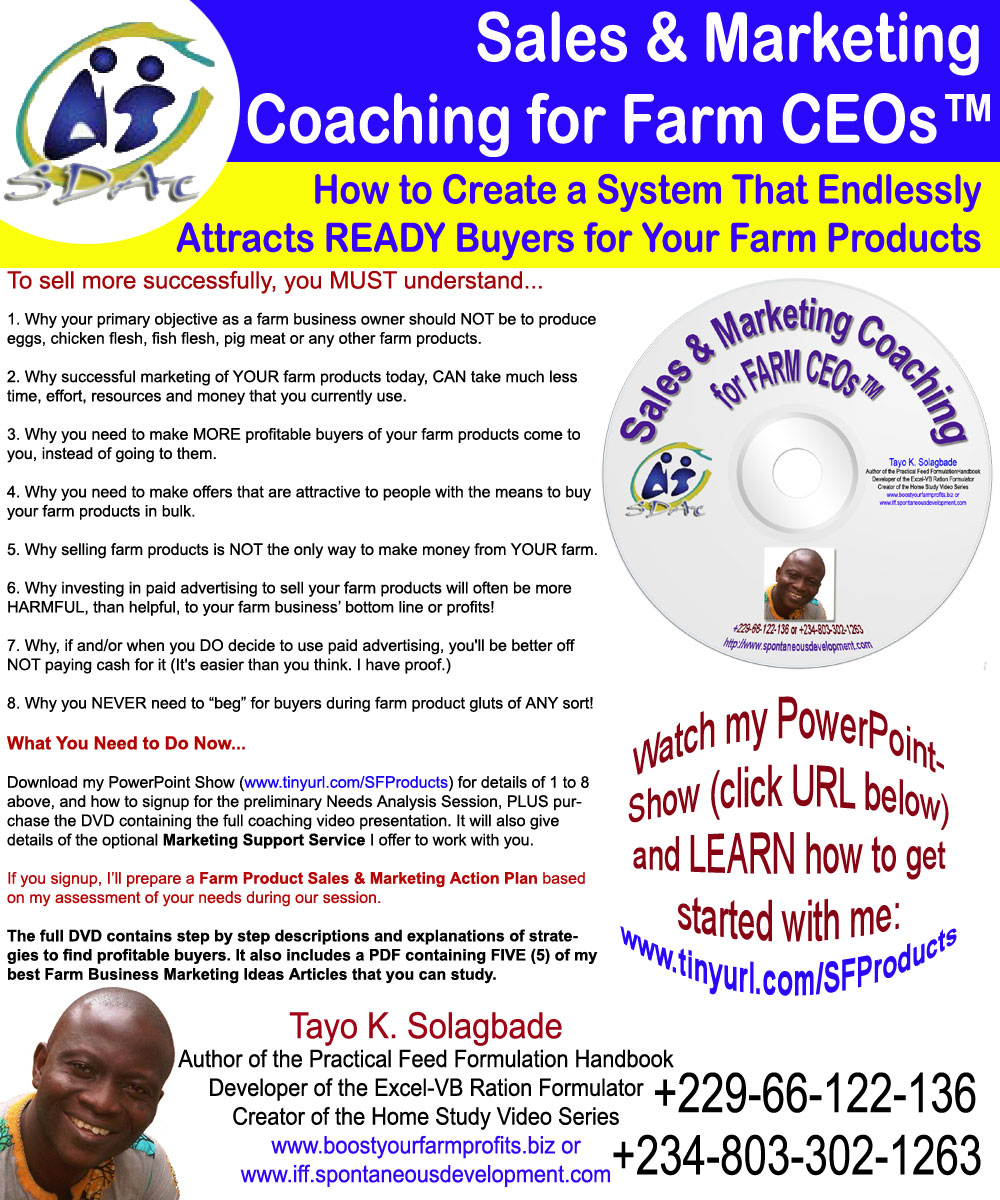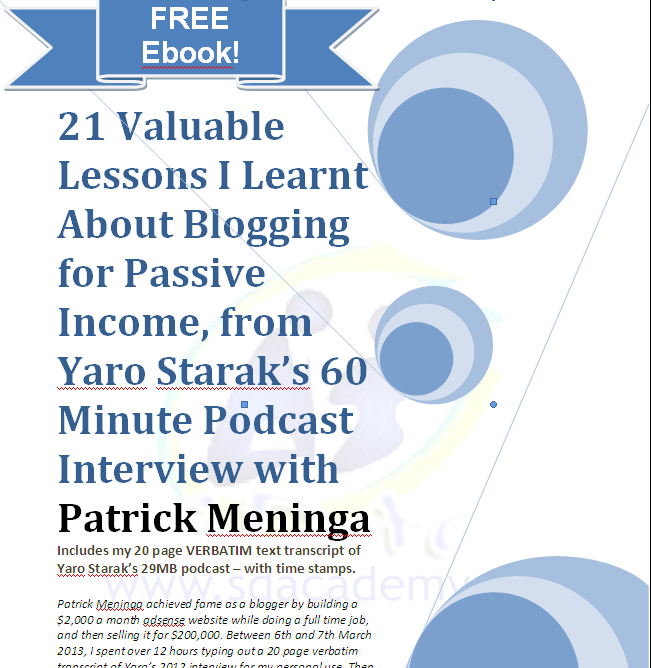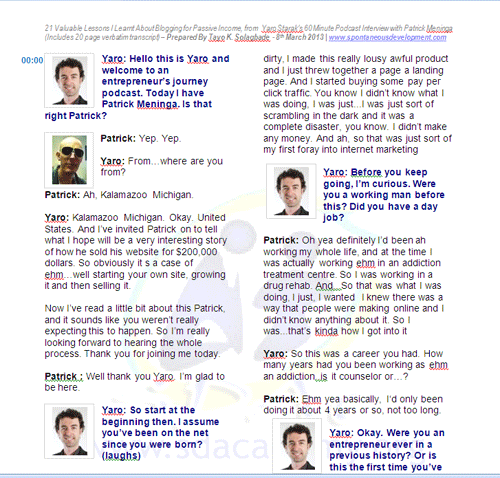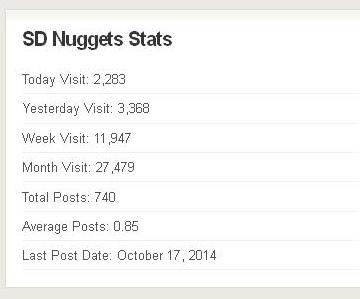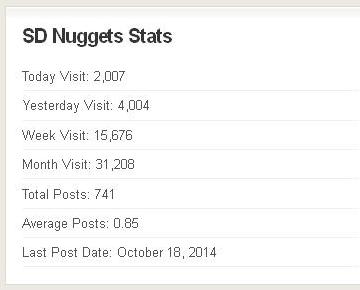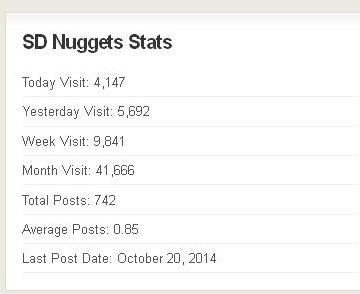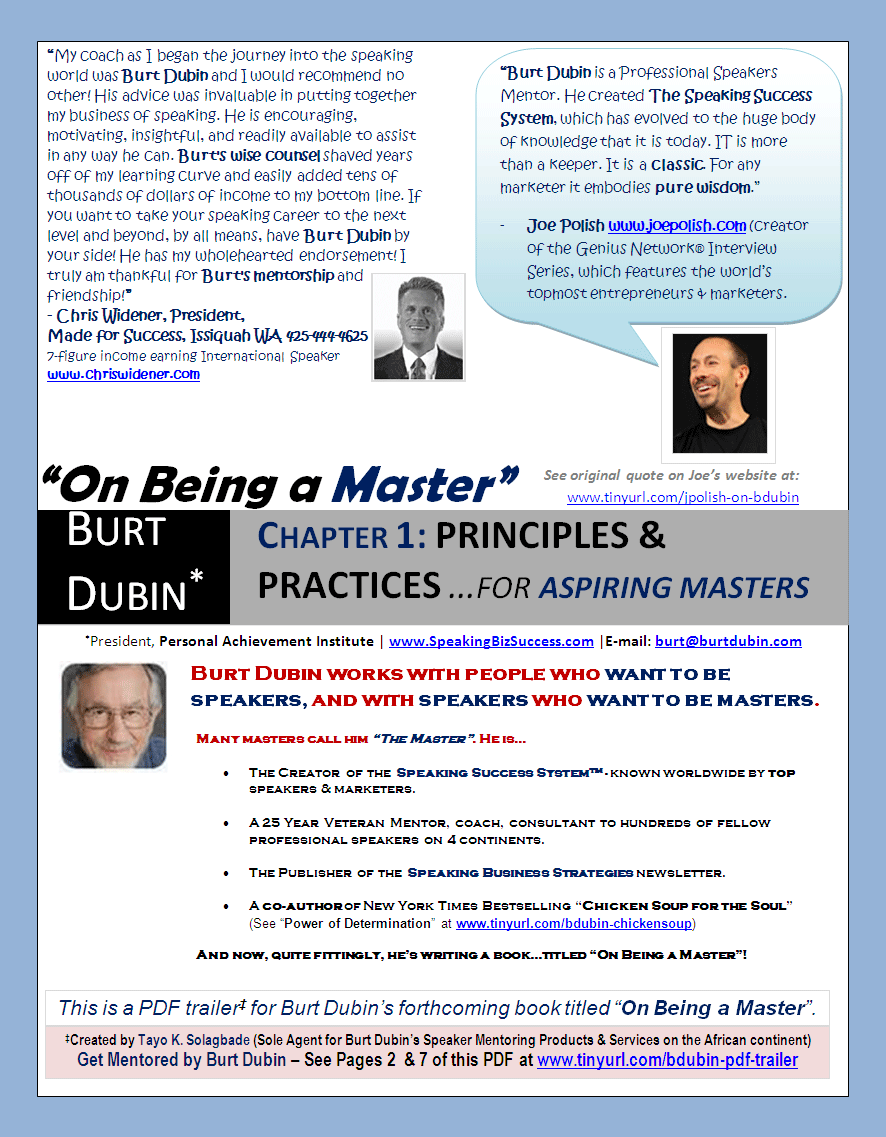I sat down for one week in 2002 (my start-up year), and wrote what is now my popular Feed Formulation Handbook (photo below). It was based on my knowledge/experience as a key member of the self-funding Student’s Farm Research Foundation (SFRF) in the University of Ibadan. But…my first sale did NOT happen until 2004! (NB: But it came early, and with feedback that led me to build the Ration Formulator software that now accompanies the app).
By way of interest, my decision to write the book came after I read Michel Fortin’s “10 Commandments of Power Positioning” and “Burt Dubin’s Why & How to Get Published”(click that link if you want to know what those guys said that made me decide to write a book).

It took me just ONE week to type all 65 pages in MS Word – but 2 years to make my first sale!
I know several people who’ve written books but keep waiting to get it published with a big name publisher, to make the “selling” process easier. Well, in my case, I could not be bothered. I went into selling mode as soon as I got it printed out from MS Word onto A4 paper, and spiral bound (more on this later).
Like I said, it took 2 solid years to make my first sale of that book.
I KNEW the subject inside out, having been involved in formulating and compounding rations for livestock we (SFRF) reared commercially on the university’s research and teaching farm.
We never had to beg for patrons to give us money etc.
It was also 100% run by us, the students. We had lecturers as patrons, but they only gave advice. They never interfered.
And we had a bank account, managed by elected executives who ran the foundation’s affairs competently.
I know all this, not just because I was a member, BUT because I was an active one. In fact, within ONE year of joining, I got so active that in my second year as a member (a year before my graduation), I was elected (without my indicating interest in contesting!) as “Supplies Coordinator”.
That executive position enabled me get to see the inner workings of the executive team.
It was impressive to observe the professionalism that undergraduates displayed in their affairs back then. As Supplies Coordinator, I often had to work out the ration formulas or get them from the Project Coordinator (the overall head) and then get the needed funds to visit the feed mill to have them compounded.
I would then return with a pick up van of compounded and bagged feeds to be used for 2 or more weeks. An exciting experience it was!
Sometimes I would be told a particular ingredient was in short supply, and I would have to use my knowledge of ration formulation to choose a suitable substitute ingredient to replace it in the ration without significantly affecting the ration’s formulated balance etc.
You must understand that despite being a “foundation” we were PROFIT focused. So, it was important to get things right as often as possible.
To ensure we could repeat our success, we kept good records. We frequently reviewed the performance of our chicks, layers, broilers, cockerels etc, over time, against different batches of formulated ration fed to them.
That guided us on what ration formula to use in future. And it was that diligence that led us to make healthy profits by keeping our feeding costs low while boosting productivity.
These are the same factors I try to point out to Farm CEOs. They are not complex, but they require diligence to get right. And that was why I wanted to explain in my book, how we derived such cost-effective ration formulas to reap healthy profits.
We did so well, that we were able to organize end of year parties, and even give ourselves gifts of eggs and chicken to take home!
When you have seen and experienced something on such a deep personal level, it’s NOT hard to talk (or write!) about it…
That was why the contents of that book that’s still purchased today by Farm CEOs (and those aspiring) for N8,000.00 came pouring out of me in just ONE week!
But selling the book proved to be much more difficult than writing it!
Once I was done, I went out and printed/spiral bound a copy.
Then I printed flyers and began visiting farm businesses all across Lagos.
Each day, as I found free time from my other business startup activities, I drove to farms in Ipaja, Egbeda, and even as far as Epe, then back to Oko Oba in Agege.
I even went to farm support experts in the Ministry of Agriculture. And YES I did meet with leaders of farmer groups/associations about introducing my book to their members…but nothing ever came of it, other than “Ok. No problem. Call me later, and let’s talk“, then “Ah, let me call you back after I leave the meeting I’m going for now“…LOL!
In essence, I was unable to make a sale!
Stupidly, I tried placing small classified ads in some newspapers and magazines. For 2 years I tried selling it that way.
Even then, NO SINGLE enquiry came in!
Have you ever experienced being SURE that something will work, but having to contend with the reality that it just is NOT working?
Well, that was my experience with my Feed Formulation Handbook in those startup years.
I knew the contents would be cherished by livestock farm owners looking to lower their costs of feeding, and boost their farm output.
And that was why I felt it was best to go straight to them and show them the book: Makes a lot of sense that way doesn’t it?
Well, I found out the hard way, that it was NOT the best way to go about it!
But I did not know what I was doing wrong until the rejections and lack of sales FORCED me to go back and re-read Michel Fortin’s book and Burt Dubin’s articles…
I read a few others too…
Then I sat down and did some deep reflecting on what I had read.
Within a few days the insights began to come to me…in trickles. I realized I had been doing the marketing bit completely wrong.
I had read those write-ups the first time around without INTERNALIZING the most important lesson…
That lesson was that you MUST ESTABLISH authority status FIRST, to make profitable buyers seek YOU out – and so that YOU don’t have to go looking (or is it “hunting”?) for them!
I’ve since learnt those lessons well, and even come up with a few of my own.
The book has been on sale via my online store as a downloadable PDF for years now. I sell it as a spiral bound book, and also email it as a PDF attachment to buyers from within/outside Nigeria who send payment directly to me, instead of using my online store.
All I had to do was change the way I was trying to sell.
I did NOT need to go back to school, or get another degree to make that happen.
Instead, I only had to pick up some Unconventional Sales and Marketing Education – the kind that is NOT taught in schools!
And it so happens that one of the 2 main gurus I learnt what to do from (who is world renowned in his field, and recently turned 80 years) describes himself as a high school drop out!
I have to say though that I was lucky, to have persisted in digging long enough to find out where I was going wrong. Otherwise I would have probably ended up frustrated – or concluded I was a failure…
Now, hat I’m saying here applies to job seekers, as much as it does to those who choose to start their own businesses
Most people often miss this…Sales & Marketing Education – of the right kinds – can often help with Passing Job Interviews!
In other words, with the right experience based sales/marketing “education”, YOU can record better results in searching for jobs than those who lack those abilities.
Among other benefits, your “know-how” will guide you right from when you write and submit your resume, to what you do and say when invited for the job interview!
Look around you, and you’ll see signs that this is true
Carefully observe people as they relate with one another – and you will see that WE ARE all in the business of WINNING one another over.
Maybe it’s to make them like you, or to make them give you something you want. We are all trying to “influence” one another!
Every now and then you are trying to “sell” a point of view or perspective to others, in a way that makes them LEAN towards your line of thinking. That makes them TRUST you more.
And when they trust you more, they are more likely to make decisions in YOUR favour.
This is why companies pay celebrities handsomely to “front” for their products by making them BRAND ambassadors. They know fans will tend to “adopt” something if they see that someone they admire, respect or trust (e.g. a celebrity), ENDORSES it.
So, to succeed, just LEARN how to gain the positive attention, interest, and ultimately TRUST, of those you need to decide in your favour.
It could be a prospective employer, or a potential client…a pretty girl or handsome chap…
Once you can win their “trust”, you will find that those who really need you, or what you offer, will choose you more often, over any others they may be considering.
And that’s what results in success…
In my case, that’s what leads to successful selling of my Feed Formulation Handbook, my other books, in addition to my Excel-VB software as well as other solutions I offer.
Yet, you must remember, that I basically had to go and discover how to succeed like this on my own. I had to re-learn and unlearn MANY things I was taught in school in the process too!
So, here’s my challenge to you: ASK YOURSELF...
Why don’t our schools teach US what we need to EXCEL in the real world?
Why do we so often leave school and then find we need to go and learn so many others things in order to succeed in the real world?
[NB: A possible exception is if we find paid employment that readily suits formal schooling we got. But that’s harder to find these days]
And why is it that when we retire, resign or get kicked out of our jobs, and we start our own businesses, one thing we struggle the most with is how to profitably MARKET whatever we offer???
To take this further, let ME now ask YOU this…
Don’t you think that our schools should be teaching us “sales and marketing that works” LONG before we are due to enter the real world?
Isn’t that what school is meant to do i.e. to EQUIP us with the knowledge and skills to care for ourselves in the real world ?
Even YOU in paid employment right now…these thoughts also apply!
For instance, should you NOT be learning “sales and marketing that works” in preparation for your inevitable departure from your salaried job???
After all, when that happens (e.g. you retire), you may have to “open a grocery shop, or supermarket”…or even start a consulting firm or cookies factory (ALL of which will benefit and do better with effective sales and marketing)!
The implications are however more far reaching that most people readily see…ASK YOURSELF this second set of questions:
What is school teaching MY own kids right now????
What has school BEEN teaching MY own kids since I began sending them there???
Does any of it include the stuff mentioned above, that is likely to determine their ability to succeed by profitably “sell” themselves???
If NO, what can I do to “CORRECT” that deficiency in the “education” my kids are getting???
Now that I’ve gotten you thinking all these (scary?) thoughts, what will you do?
Or should it be what CAN you do?
I say CAN, because there is indeed something you CAN do to change things if your questions reveal the need for that to happen!
Let me refer to myself from this point on…
Here’s what DRIVES me, to keep writing on this theme at every opportunity.
It’s also pushing me to TAKE concrete action to coach my kids to be better prepared for the real world.
At the end of August 2014, I made my go out to try marketing their cup cakes, to compare with how they sell to their classmates in school. It was a most revealing experience for them. I shared photos in my Facebook album.


Just before leaving Nigeria during my last visit earlier this month, I got them together to quickly record a video in which they demonstrated the process they follow in making their cup cakes using only a pot and charcoal stove.
I’m now using the photos and video clips in writing a book that we will jointly publish as co-authors, for sale in my online store.
The purpose? Click the sneak preview cover image below to find out in the PDF report I’ve published about it.

You see, dear reader, EVERY single day that passes, I ask myself: What can I do to SPARE my kids the painful hassle of re-learning – AFTER SCHOOL – in order to succeed in life that I experienced???
Hassles that made me a clueless “job seeker” post graduation.
Humiliating hassles that made me a “clueless” startup entrepreneur for years after I quit my job to run my own business in the real world!
These are HARSH truths, but I use them to keep myself awake to the realities my kids are bound to face, if I leave them to learn based on the SAME system that I passed through!!!
That’s what makes me determined to show them that a better way exists.
In fact, let me share a secret with you: If I have my way NONE of my kids will EVER become an employee.
I’ve told them this already, and we are all agreed on it in principle.
Judging from the way things are going for us right now, we’re already headed in that direction e.g. with our plans for a family based business.

What will YOUR (and YOUR children’s) story be???


